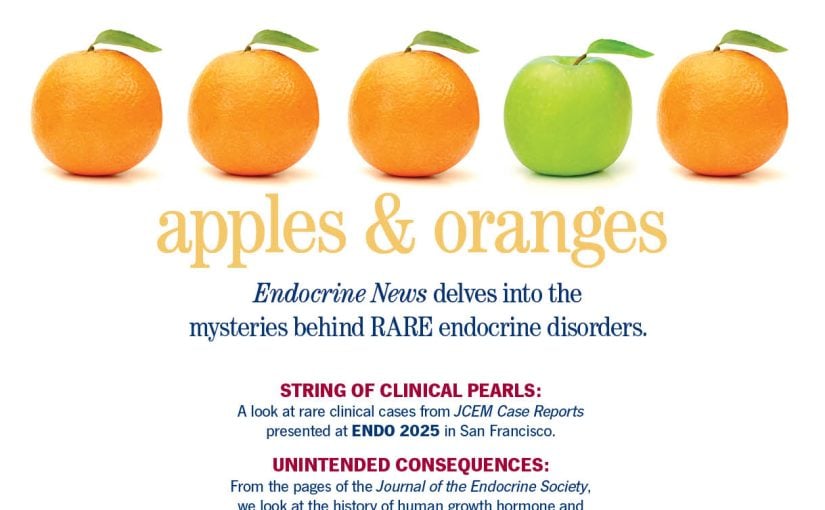Common chemical preservative alters protective pregnancy-related changes to mouse mammary gland.
Low doses of propylparaben — an estrogen-like chemical used as a preservative in personal care products and foods—can alter pregnancy-related changes in the breast in ways that may reduce the normal protection against breast cancer that pregnancy hormones convey, according to a new study being published in the Endocrine Society’s journal Endocrinology.
These results, from an animal study that also will be presented at ENDO 2021, the Endocrine Society’s annual meeting, lend evidence that propylparaben is an endocrine-disrupting chemical (EDC), the researchers say.
An EDC interferes with the actions of hormones in the body. These chemicals can affect hormone-sensitive organs such as the mammary gland, the milk-producing duct in the breast, said the study’s senior author Laura N. Vandenberg of the University of Massachusetts in Amherst, Mass.
“We found that propylparaben disrupts the mammary gland of mice at exposure levels that have previously been considered safe based on results from industry-sponsored studies. We also saw effects of propylparaben after doses many times lower, which are more reflective of human intake,” Vandenberg says. “Although our study did not evaluate breast cancer risk, these changes in the mammary tissue are involved in mitigating cancer risk in women.”
Hormones produced during pregnancy are not only responsible for reorganizing the breast tissue, allowing it to produce milk for the infant. They also are partly responsible for the reduced risk of breast cancer seen in women who give birth at a younger age.
The researchers tested whether propylparaben exposure during the vulnerable period of pregnancy and breastfeeding adversely alters this mammary gland reorganization. They exposed female mice to environmentally relevant doses of this common preservative during pregnancy and breastfeeding. Five weeks after the chemical exposure ended, they examined the mothers’ mammary glands.
Compared with pregnant mice that had not received propylparaben, the exposed mice had mammary gland changes not typical of pregnancy, the researchers reported. These mice had increased rates of cell proliferation, which Vandenberg said is a possible risk factor for breast cancer. Additionally, they had less dense epithelial structures, fewer immune cell types and thinner periductal collagen, the connective tissue in the mammary gland.
“Some of these changes may be consistent with a loss of the protective effects that are typically associated with pregnancy,” said co-first author, Joshua Mogus, M.S., a Ph.D. student at the University of Massachusetts.
He said future studies should address whether pregnant females exposed to propylparaben are actually more susceptible to breast cancer.
“Because pregnant women are exposed to propylparaben in many personal care products and foods, it is possible that they are at risk,” Mogus said.
Pregnant and breastfeeding women should try to avoid using products containing propylparaben and other parabens, he suggested.
“This chemical is so widely used, it may be impossible to avoid entirely,” Mogus added. “It is critical that relevant public health agencies address endocrine-disrupting chemicals as a matter of policy.”
This research received funding from the University of Massachusetts Commonwealth Honors College Grant, the Endocrine Society’s Summer Research Fellowship, and the National Institutes of Health.
Other authors of the study include: Charlotte D. LaPlante, Ruby Bansal, Klara Matouskova, Shannon J. Silva, Elizabeth Daniele, Mary J. Hagen and Karen A. Dunphy of the University of Massachusetts, Benjamin R. Schneider and Sallie S. Schneider of Baystate Medical Center in Springfield, Mass.; and D. Joseph Jerry of the University of Massachusetts and Pioneer Valley Life Sciences Institute in Springfield, Mass.
The manuscript, “Exposure to Propylparaben During Pregnancy and Lactation Induces Long-term Alterations to the Mammary Gland in Mice,” was published online, ahead of print.
The research also will be presented at ENDO 2021, the Endocrine Society’s annual meeting, which runs from March 20-23.

